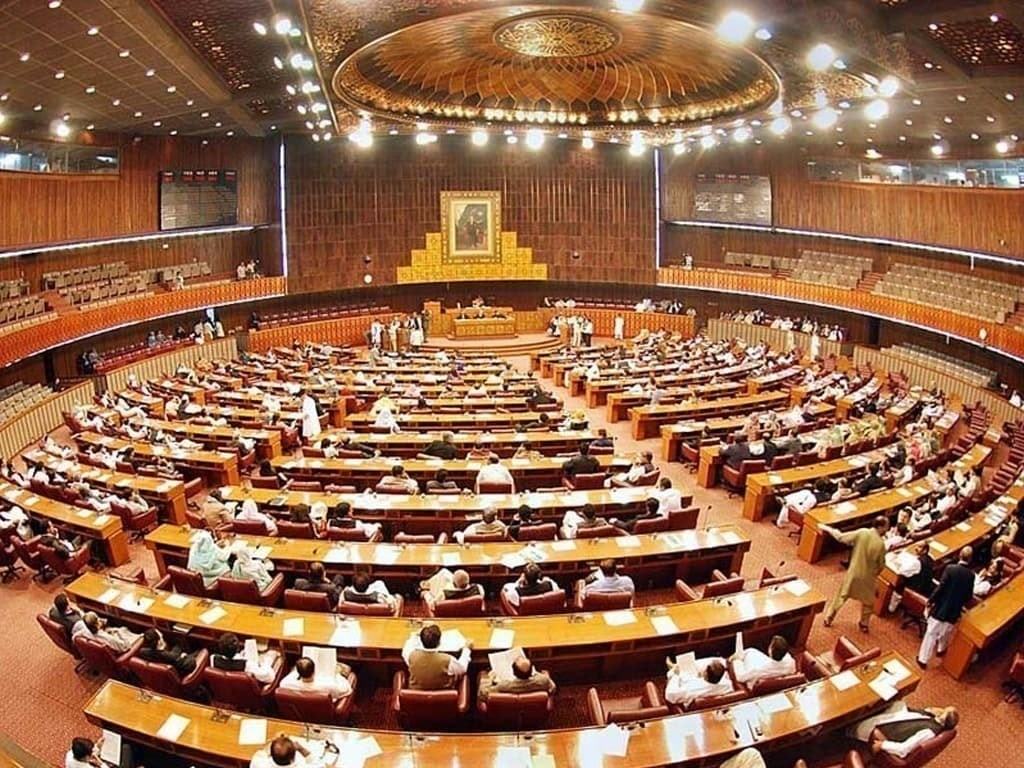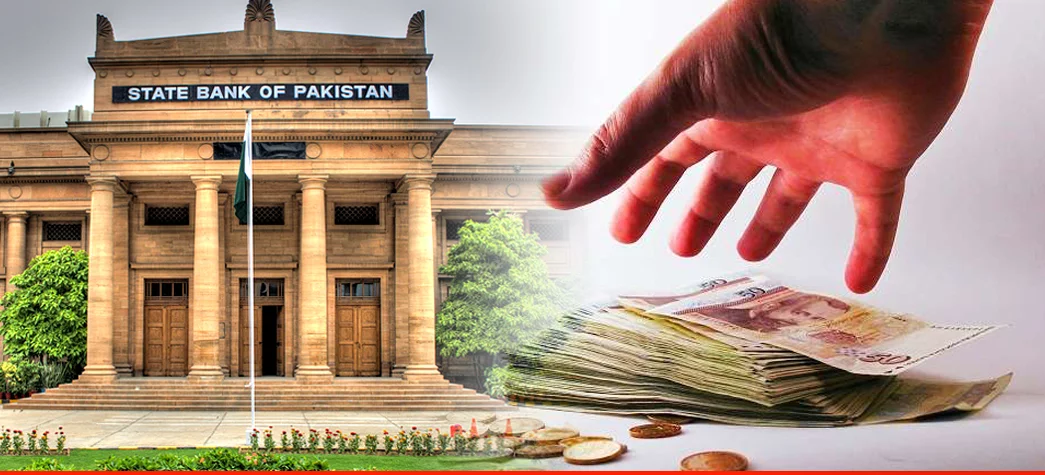The Pakistan Stock Exchange (PSX) experienced significant bearish momentum on Monday, with the benchmark KSE-100 index plummeting by more than 400 points. This downturn followed the visit of the International Monetary Fund (IMF) team, sparking concerns among investors about potential economic policy changes and additional taxation measures.
Shortly after the opening bell, the KSE-100 index traded sideways until 10:30 AM. However, the index soon embarked on a downward trajectory, shedding 416.91 points, or 0.55 percent, to settle at 74,925.43 by noon, down from the previous close of 75,342.34.
Yousuf M. Farooq, Director of Research at Chase Securities, attributed the market’s decline to media reports suggesting a possible hike in electricity prices and the introduction of additional taxation measures. Farooq noted, “The market is down on media reports of a possible electricity price hike along with additional taxation measures.” He further explained that the market had recently experienced a substantial rally, making some consolidation normal. “All eyes are now on the next monetary policy, the budget, and terms and adjustments for the next IMF programme,” he added.
Awais Ashraf, Director of Research at Akseer Research, echoed similar sentiments, attributing the bearish momentum to investor anxiety over the outcome of the ongoing negotiations between the government and the IMF team regarding a new economic programme. Ashraf stated, “Investors are worried about the outcome of ongoing negotiations between the government and the IMF team regarding the new programme.” He also highlighted concerns over the geopolitical climate following the death of Iranian President Ebrahim Raisi.
Earlier in the day, reports emerged from Iranian officials and state media confirming that President Ebrahim Raisi, a hardliner and potential successor to Supreme Leader Ayatollah Ali Khamenei, had died in a helicopter crash near the Azerbaijan border. The crash also claimed the life of Foreign Minister Hossein Amirabdollahian. The incident has intensified geopolitical tensions, adding another layer of uncertainty to the market.
Ashraf pointed out that the geopolitical atmosphere, exacerbated by Raisi’s death, contributed to the market’s bearish trend. “Investors were worried about the geopolitical atmosphere after the death of the Iranian President Ebrahim Raisi,” he said.
Regarding the IMF negotiations, Ashraf identified several key concerns among investors. “Key concerns include the IMF’s demands for significant tax revenue increases, spending cuts, market-based exchange rate determination, and a tight monetary policy,” he highlighted. These stringent conditions are seen as necessary for securing the next tranche of IMF funding but are also expected to have significant implications for Pakistan’s economic landscape.
The IMF’s visit comes at a crucial time as Pakistan navigates its economic challenges, including a high fiscal deficit and the need for structural reforms. The potential increase in electricity prices and additional taxation measures are part of the broader set of reforms being discussed with the IMF to stabilize the economy and ensure sustainable growth.
As the market digests these developments, analysts are keeping a close watch on upcoming economic policies and the government’s response to IMF conditions. The anticipation of the next monetary policy announcement and the federal budget is adding to the market’s volatility.
Farooq emphasized the importance of these upcoming events, stating, “All eyes are now on the next monetary policy, the budget, and terms and adjustments for the next IMF programme.” These factors will play a critical role in shaping investor sentiment and the overall market trajectory in the coming months.



